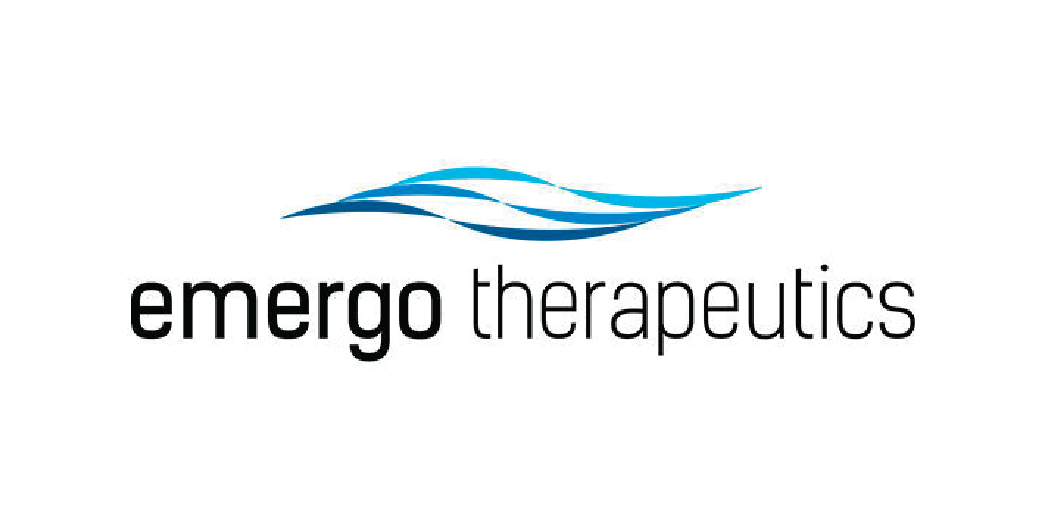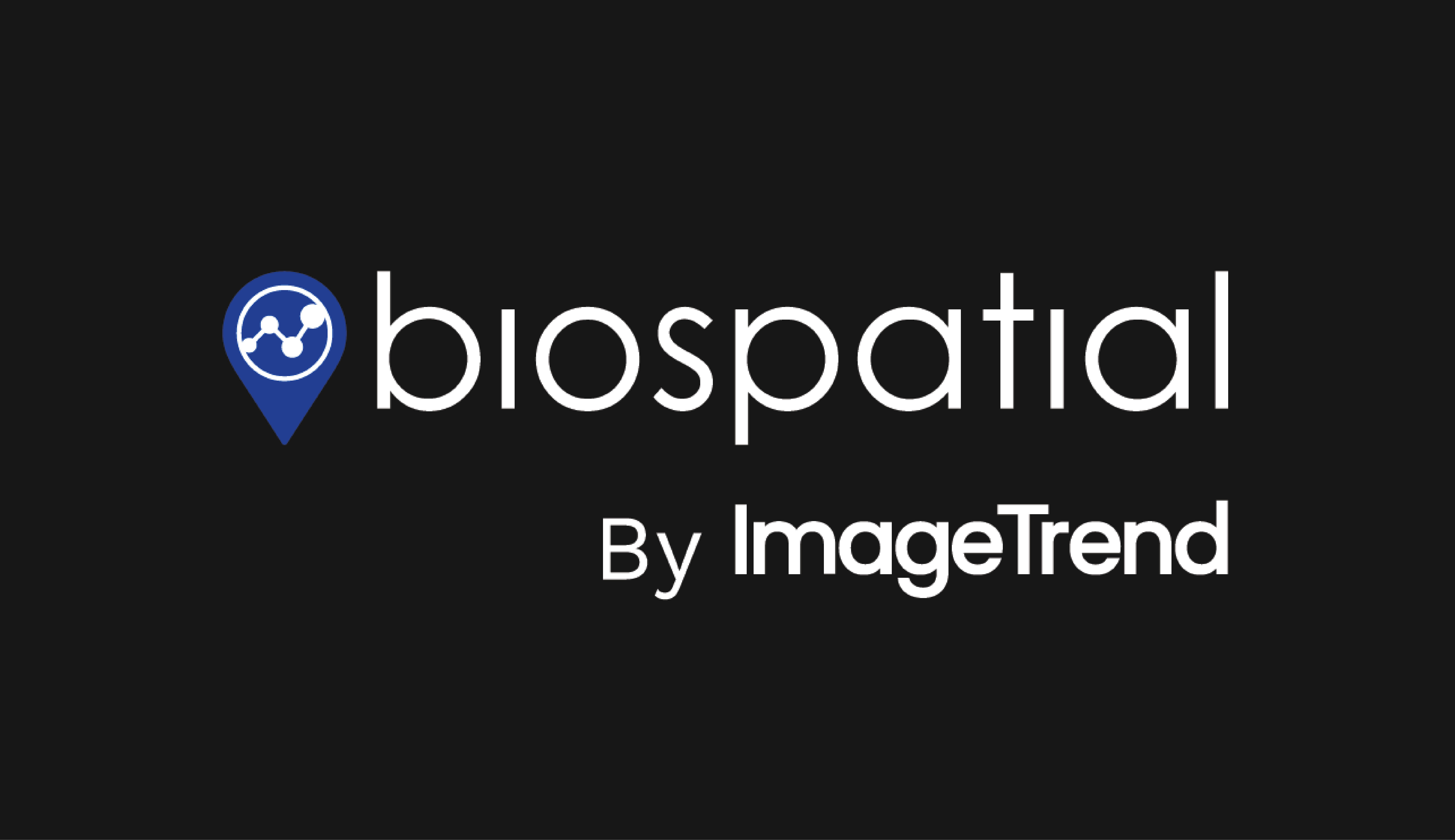DURHAM – Moise Khayrallah, Ph.D., is a serial entrepreneur with a Midas touch. Three biopharmaceutical start-ups he co-founded in recent years were quickly sold to larger companies for more than $400 million after he and his teams built their value from scratch.
His latest startup, Durham-based Emergo Therapeutics, could be on a similar path after raising $12 million in venture capital this spring, mostly from North Carolina investors.
“For me, this is a huge shot in the arm, not just for us as a company but for the entrepreneurial community in our area,” says Khayrallah, noting the state’s modest venture capital resources relative to those of other leading bioscience regions such as Greater Boston and California’s Bay Area.
His advice to other bioscience entrepreneurs in North Carolina: “Look, if you do this right, there is money to be had here, and you can raise substantial funds for your project if you know how to do it. Don’t be shy. Don’t be scared.”
The Series A investment in Emergo was led by Raleigh-based Rex Health Ventures, the venture capital arm of the UNC REX Healthcare hospital system.
Other investors included the Venture Capital Multiplier Fund at Hatteras Venture Partners of Durham, the Wolfpack Investor Network and the Carolina Angel Network. The latter two groups are the angel investment networks of North Carolina State University and the University of North Carolina at Chapel Hill, respectively, and they “came in very big for us,” Khayrallah says.
Emergo is the first pharmaceutical company that either angel network has invested in, and their investments are their largest to date in any company, he notes.
“This is why I’m excited about this,” he says. “If this small company with one project was able to raise $12 million, the bulk of it from here (in North Carolina), there is hope for the entrepreneurs out there.”
Khayrallah and Robin Hyde-DeRuyscher, Emergo’s co-founder and chief scientific officer, positioned the company for the venture round with the help of a $75,000 Company Inception Loan in 2017 from the North Carolina Biotechnology Center.
TARGETING FLU AND FLU-LIKE ILLNESSES
“In flu and other viruses that are similar to the flu, the virus itself does not cause the damage,” Khayrallah says. “The virus is very innocuous.”
Rather, he says, an over-response to the virus by the body’s innate immune system is responsible for flu symptoms such as fever, chills, fatigue, sore throat and aches.
“When the immune system gears up like that, it really wreaks havoc on the body,” he says.
Some of the immune response comes from a type of white blood cell called mast cells that release a flood of powerful chemical mediators including histamine, heparin, cytokines, leukotrienes, proteases and granulocyte macrophage colony-stimulating factor.
“Our drug helps modulate these mast cells’ chemical signaling,” he says. “The idea is to help tone down the immune system in certain conditions when the immune system gets geared up in an inappropriate fashion.”
Norketotifen is a metabolite, or byproduct, of ketotifen, an antihistamine that stabilizes mast cells and has been used to treat asthma, allergies and conjunctivitis for four decades under various brand names including Zaditor and Alaway.
“We tend to gravitate toward molecules that are very well known,” Khayrallah says. “How do we tweak them, how do we modify them to where we can benefit more from them while capitalizing on what we already know? This is the core expertise that we’ve developed over the years, my team and I.”
By reining in the body’s immune response to flu and flu-like illnesses, norketotifen may help spare patients the miserable symptoms and complications that can lead to hospitalization and even death.
“We are starting with the flu even though we know there is a slew of other potential diseases or illnesses that we can tackle,” Khayrallah says.
CLINICAL TRIALS ON HORIZON
Next steps in the development of norketotifen will be toxicology studies, manufacturing preparation and clinical trials.
“If all continues to go as it has so far,” Khayrallah says, “we should be in clinical trials later this year.”
If successful, the studies that the company plans to conduct would prepare for Phase 3 trials and eventual marketing and sales of norketotifen by another pharmaceutical company by late 2020, he says.
“That’s been the modus operandum for all of my companies. We do a merger or acquisition by a larger, capable partner once we have proven the concept.”
Khayrallah and his previous co-founders used that model for three companies they created and then exited between 2009 and 2014: Addrenex Pharmaceuticals, Neuronex and Aerial BioPharma, all of Morrisville.
Addrenex, a developer of drugs to regulate the adrenergic system, was sold to Sciele Pharma, an Atlanta-based unit of Shionogi & Co. of Osaka, Japan, for $29 million in 2009.
Neuronex, developer of an epilepsy drug, was sold in 2012 to New York-based Acorda for $6.8 million with additional milestone payments when the drug was submitted for approval in the U.S. (The drug did not make it to the market.)
Aerial BioPharma sold the rights to its clinical-stage narcolepsy drug in 2014 to Jazz Pharmaceuticals of Dublin for $125 million in cash plus up to $272 million in potential milestone payments if the drug is approved.
As with Emergo, all three companies received early stage loans from the Biotechnology Center that helped position them for follow-on investments from other sources.
“When an entrepreneur has a good idea,” Khayrallah says, “I’ve learned that there’s always potential for funding it.”
- Categories:



